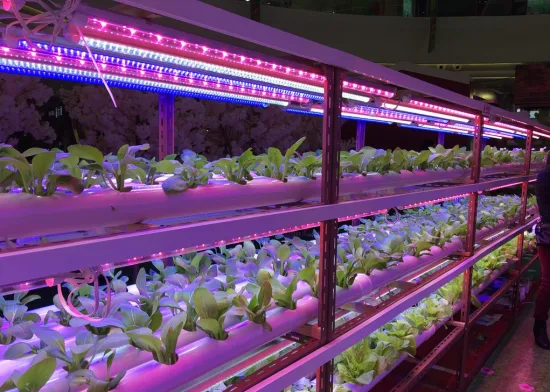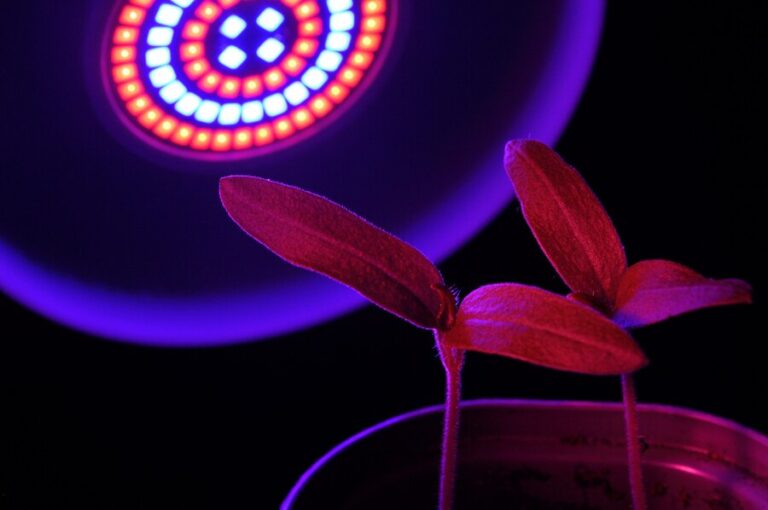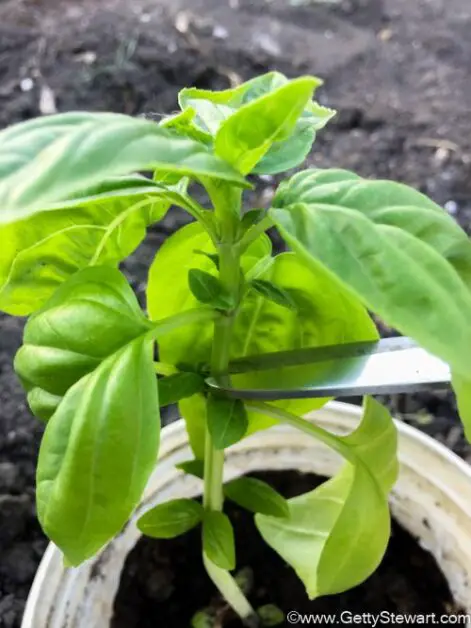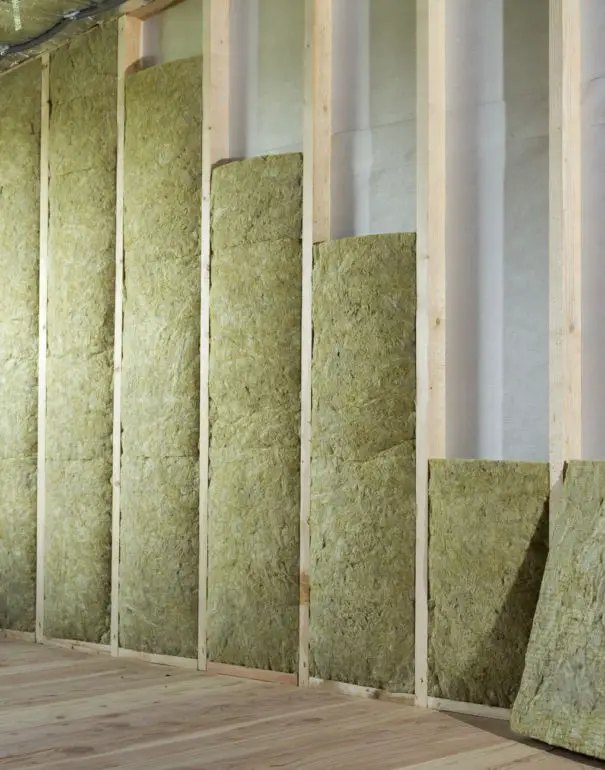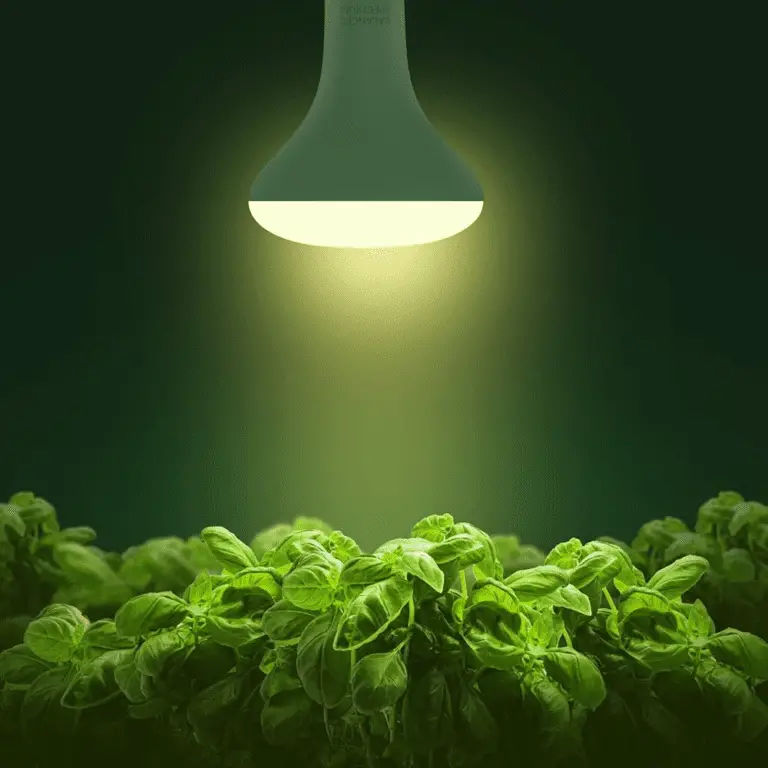The Impact of Classical Music on Plant Growth and Flavor in Hydroponic Farming
Table of Contents
Maximizing the Potential of Hydroponic Farming through Sound-based Techniques
Hydroponic farming is a revolutionary technique that has shown great promise in maximizing the potential of agricultural production. Through the use of sound-based techniques, we can further enhance the efficiency and yield of hydroponic systems. Sound waves have been found to have a profound impact on plant growth, development, and overall health.
Studies have shown that exposing plants to specific sound frequencies can stimulate their root development, increase nutrient absorption, and even boost their immune systems. These findings open up a whole new realm of possibilities for hydroponic farmers looking to optimize their crop production. By strategically incorporating sound-based techniques into hydroponic systems, we can create an environment that promotes healthy and robust plant growth.

Implementing sound-based techniques in hydroponic farming may also offer additional benefits beyond plant health. It is suggested that sound waves have the potential to deter pests, reducing the need for chemical pesticides. This is a significant advantage for hydroponic farmers who strive to maintain a sustainable and environmentally friendly approach to agriculture. By harnessing the power of sound, we can potentially minimize crop losses due to unwanted pests, ultimately leading to higher yields and increased profitability.
• Exposing plants to specific sound frequencies stimulates root development and increases nutrient absorption.
• Sound waves can boost the immune systems of plants, leading to healthier and more robust growth.
• Incorporating sound-based techniques into hydroponic systems promotes optimal plant growth and crop production.
• Sound waves have the potential to deter pests, reducing the need for chemical pesticides in hydroponic farming.
• By utilizing sound-based techniques, hydroponic farmers can maintain a sustainable and environmentally friendly approach to agriculture.
• Minimizing crop losses due to pests through sound-based techniques can result in higher yields and increased profitability.
| Maximizing Hydroponic Farming Potential with Sound-based Techniques | Key Components | Implementation Strategies |
|---|---|---|
| Understanding Sound-based Techniques | Explore the role of sound in plant growth. | Conduct research on how specific sound frequencies can influence plant development. |
| Enhancing Nutrient Uptake | Evaluate the impact of sound on nutrient absorption. | Implement sound-based techniques to enhance the uptake of nutrients by plant roots. |
| Stimulating Growth Hormones | Investigate how sound waves affect plant hormones. | Utilize sound frequencies that stimulate the production of growth-promoting hormones. |
| Root Zone Activation | Focus on sound’s influence on root development. | Design systems that apply sound waves to the root zone to encourage healthy root growth. |
| Optimizing Environmental Conditions | Consider how sound affects overall plant health. | Integrate sound-based strategies to optimize environmental conditions within the hydroponic setup. |
| Reducing Stress and Promoting Resilience | Explore sound’s potential to reduce plant stress. | Implement sound techniques that create a stress-free environment, promoting plant resilience. |
| Research and Innovation | Stay updated on sound-based advancements. | Continuously explore new research findings and innovations in sound-based hydroponic techniques. |
Exploring the Link between Music and Pest Control in Hydroponic farming
In the world of hydroponic farming, where every element can make a significant difference in crop yield and quality, the link between music and pest control has emerged as a topic of interest. While it may seem unconventional, some growers have started experimenting with sound-based techniques to keep pests at bay in their hydroponic setups.
One theory behind this innovative approach is that certain frequencies or vibrations produced by music can disturb the natural feeding and breeding patterns of pests, ultimately deterring them from infesting the plants. It is believed that the intensity and rhythm of the music can disrupt the pests’ sensory perception and create an environment that they find unfavorable. However, it is important to note that the effectiveness of this method may vary depending on the type of pests and the specific conditions of the hydroponic system.
As research in this field is still ongoing, it is essential to approach music-based pest control in hydroponics with caution. While anecdotal evidence from some growers suggests positive outcomes, comprehensive scientific studies are needed to validate these claims. Additionally, the choice of music genre, volume, and duration of exposure are factors that require further investigation to determine the optimal conditions for maximum pest control efficacy.
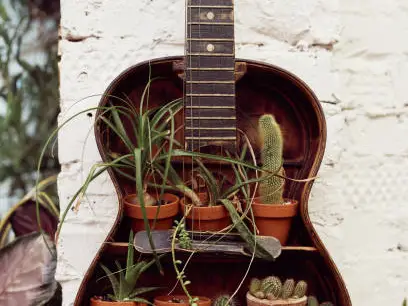
Despite the potential benefits, it is crucial to remember that music should not be relied upon as the sole method of pest control in hydroponic farming. Implementing an integrated pest management approach, which combines various techniques like biological controls, physical barriers, and proper sanitation practices, is still the foundation for sustainable pest management in hydroponics.
As the scientific community and hydroponic enthusiasts continue to explore the link between music and pest control, it is clear that this unconventional method has the potential to reshape the way we approach pest management in hydroponic systems. However, until more concrete evidence is gathered, it remains an intriguing avenue worth further investigation and experimentation.
– Certain frequencies or vibrations produced by music can disturb the natural feeding and breeding patterns of pests in hydroponic setups.
– The intensity and rhythm of the music can disrupt pests’ sensory perception and create an unfavorable environment for them.
– The effectiveness of this method may vary depending on the type of pests and specific conditions of the hydroponic system.
– Comprehensive scientific studies are needed to validate claims about music-based pest control in hydroponics.
– Factors such as choice of music genre, volume, and duration of exposure require further investigation for optimal pest control efficacy.
– Music should not be relied upon as the sole method of pest control; implementing an integrated approach is still necessary.
– Integrated pest management, combining various techniques like biological controls, physical barriers, and sanitation practices, remains foundational in hydroponics.
– Further research is needed to gather concrete evidence on the link between music and pest control in hydroponic systems.

| Key Aspects | Detailed Information |
|---|---|
| Understanding the Relationship | Investigate the potential correlation between music and pest control in hydroponic farming. Explore existing studies and anecdotal evidence. |
| Sound as a Deterrent Mechanism | Examine how sound waves and vibrations can be utilized as a deterrent for pests in hydroponic systems. Understand the science behind sound-based pest control. |
| Types of Sounds for Pest Deterrence | Explore different types of sounds and frequencies that have shown promise in deterring common hydroponic pests. Investigate whether certain genres or patterns are more effective. |
| Implementation Strategies | Delve into practical methods for implementing sound-based pest control in hydroponic farming. This includes technological solutions and integration into existing hydroponic setups. |
| Benefits and Challenges | Evaluate the potential benefits of incorporating music into hydroponic systems for pest control. Consider any challenges or limitations associated with this approach. |
| Research Findings and Case Studies | Summarize relevant research findings and case studies that highlight the effectiveness (or limitations) of using music as a means of pest control in hydroponic environments. |
| Practical Applications for Growers | Provide insights into how hydroponic farmers can practically apply sound-based pest control strategies. Offer recommendations and best practices for optimal results. |
| Future Directions and Possibilities | Discuss potential avenues for future research and innovations in utilizing music for pest control in hydroponic farming. Explore emerging technologies and collaborative efforts. |
Can music really help with pest control in hydroponic farming?
Yes, studies have shown that certain frequencies and vibrations produced by music can repel pests in hydroponic systems.
How does music actually deter pests in hydroponics?
The vibrations and frequencies generated by music disturb and irritate pests, making them less likely to inhabit or damage hydroponic plants.
What types of music are most effective for pest control in hydroponics?
Various genres of music have shown promising results, but classical music, specifically compositions by artists like Mozart or Bach, have been found to be particularly effective in repelling pests.
Is there a specific volume or duration of music that is required for pest control in hydroponics?
Studies have recommended playing music at a moderate volume for at least 8-12 hours a day to achieve optimal pest control results in hydroponics.
Are there any specific pests that music is more effective against in hydroponics?
While music has shown effectiveness against a range of pests, it has been particularly successful in deterring common hydroponic pests like aphids, whiteflies, and spider mites.
Can music negatively affect hydroponic plants or their growth?
No, there is no evidence to suggest that playing music in hydroponic systems has any negative impact on plant growth or overall plant health.
Is music-based pest control a sustainable and cost-effective method for hydroponic farmers?
Yes, music-based pest control is considered to be a sustainable and cost-effective alternative to traditional chemical pesticides in hydroponic farming.
Can I use any type of music for pest control in hydroponics?
While classical music has shown more consistent results, you can experiment with other types of music to find what works best for your specific hydroponic setup and pest challenges.
How can I implement music-based pest control in my hydroponic system?
You can use small speakers strategically placed throughout your hydroponic facility to play the chosen music or connect them to a centralized sound system.
Are there any other benefits of using music in hydroponic farming besides pest control?
Yes, aside from pest control, playing music in hydroponic systems has been found to have positive effects on plant growth, nutrient uptake, and overall crop productivity.

Beck Wakeford is a dedicated writer at SouthElMonteHydroponics, with a fervent enthusiasm for agriculture and technological innovation. Armed with a degree in Agricultural Engineering from a leading university, Beck specializes in hydroponic systems design, automation, and optimization. Their passion for merging traditional farming with cutting-edge technology drives them to explore novel solutions for sustainable food production. Beck’s expertise and keen interest in the intersection of engineering and agriculture make them a valuable asset in the quest for efficient and eco-friendly farming practices. Through their writing, Beck aims to inspire others to embrace the potential of hydroponics in shaping a more sustainable future.


